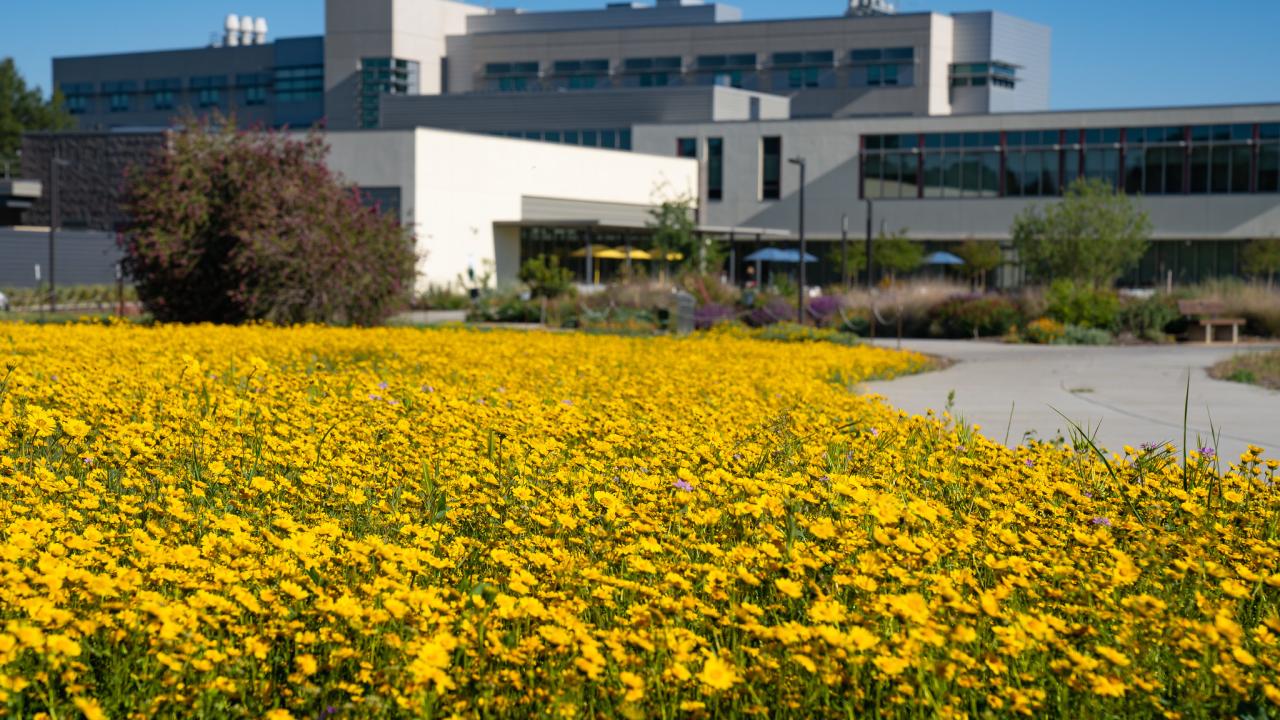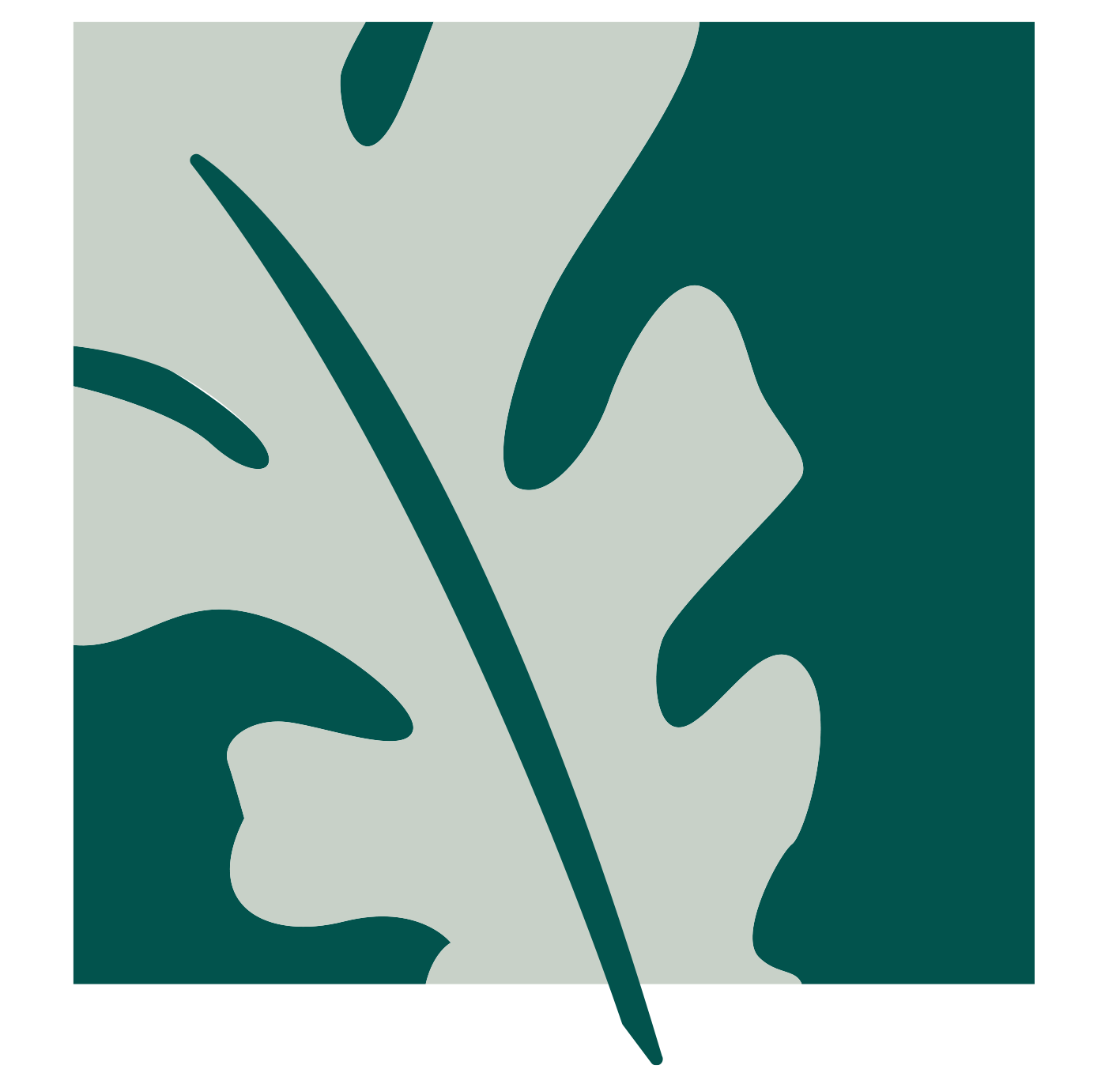
Planning your own super bloom
California Native Wildflower Seeds
Here is a list of what we will have at our upcoming fall plant sales. All seeds are $5/packet except vinegarweed which is $7/packet with limited quantities. Cash only.
- tidy tips / Layia platyglossa
- tomcat clover / Trifolium willdenovii*
- globe gilia / Gilia capitata
- vinegarweed / Trichostema lanceolatum
- lacy phacelia / Phacelia tanacetifolia
- Arroyo lupine / Lupinus succulentus*
- Fort Miller clarkia / Clarkia williamsonii*
- elegant clarkia / Clarkia unguiculata*
- small flowered fiddleneck / Amsinckia menziesii*
- yellow ray goldfields / Lasehnia glabrata
- golden lupine / Lupinus microcarpus var. densiflorus*
- purple Chinese houses / Collinsia heterophylla*
*Inspired by Williams Lab research.
This article was originally published in September 2019 and recently updated.
With super blooms throughout California in the news the last couple of spring seasons, more attention than ever is being paid to the beauty of wildflowers – especially native wildflowers – as well as their importance as a seasonal food source for pollinators and other beneficial insects. With that in mind, this fall, the UC Davis Arboretum Teaching Nursery – already known for offering one of the area’s largest selections of attractive, low-water, regionally appropriate plants – will begin to sell a research-backed selection of native annual wildflower seeds proven to attract pollinators at its popular seasonal plant sales.
“As particular as we are about the inventory of perennials we offer, we want our customers to know that we are just as discerning about seeds,” says Rachel Davis, GATEways horticulturist with the UC Davis Arboretum and Public Garden.
Luckily for the nursery – and the regional community – there’s a UC Davis expert that can advise. Neal Williams, principal investigator at the Williams Lab at UC Davis – the lab where scientists explore the intricacies of pollinator-floral interactions – published research that documents the best annual and perennial plants for supporting pollinators without enhancing potential pests.
“We are thrilled to partner with faculty experts and have the opportunity to help bring their research to the public for the benefit of our environment,” says Kathleen Socolofsky, assistant vice chancellor and director of the UC Davis Arboretum and Public Garden.
“It’s so great when research and retail can work together,” says Davis.
Half the seeds being offered came from the Williams Lab list including a couple — the small-flowered fiddleneck (Amsinckia menziesii) and the tomcat clover (Trifolium willdenovii) — that are the same genus, but not the same species. According to UC Davis Arboretum and Public Garden staff, securing specific native wildflower species isn’t always easy, often times they are only available in quantities fit for large-scale restoration projects or not available at all.
"You’ll notice that California poppy seeds are not on in our inventory even though they are great food source for native and honey bees.,” says Davis. “We wanted to focus on seeds that are not usually easy to find."
Detailed seed sowing instructions can be found on our website.
While cash, check and credit cards are accepted for everything else at our upcoming plant sales, seed purchases, at $5 per package, are cash only and directly support the Arboretum and Public Garden's Learning by Leading™ internship program.
